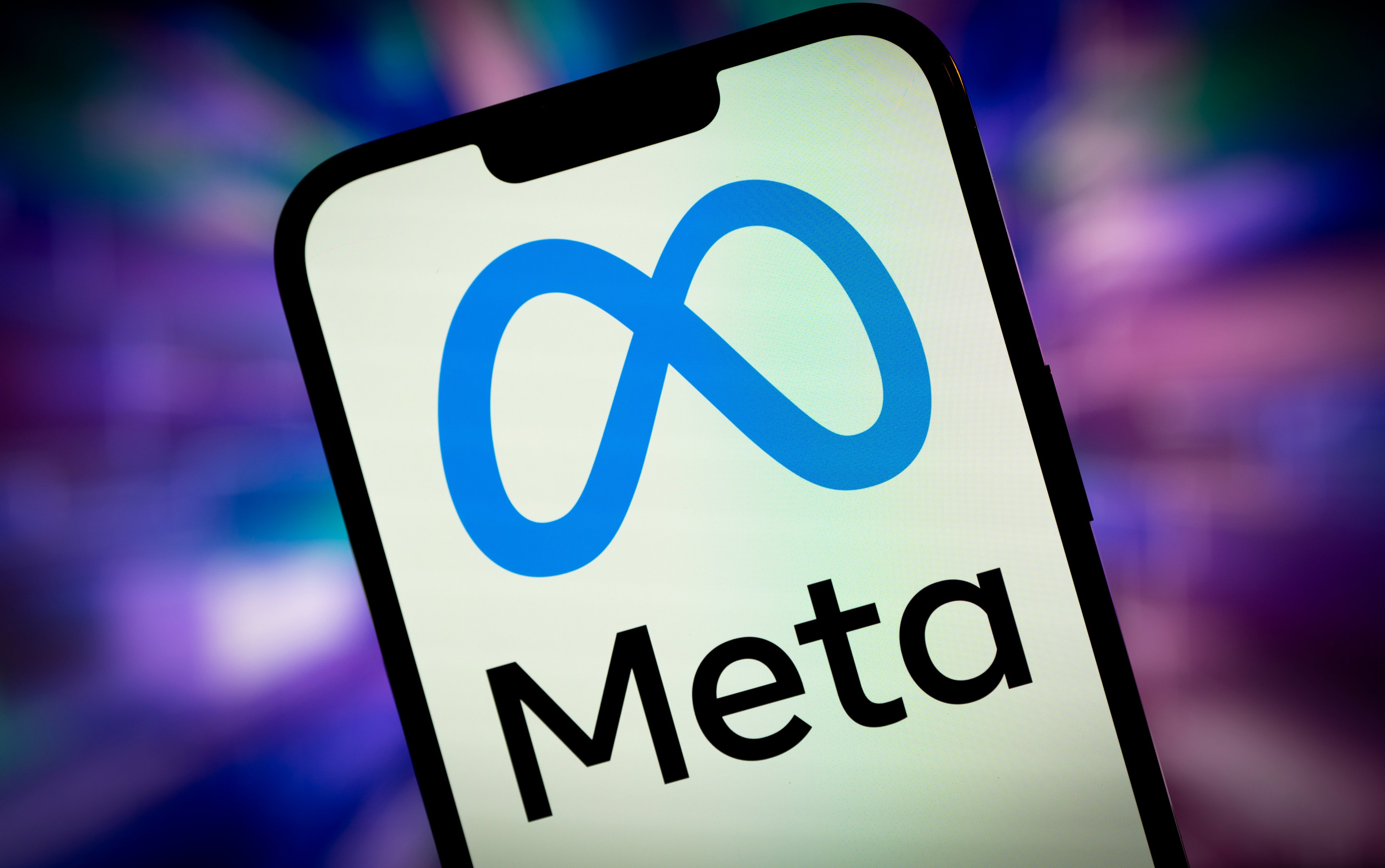Facebook (FB +1.77%) has been focusing heavily on the fledgling virtual reality market ever since it acquired Oculus VR, the maker of the Oculus Rift headset, for $2 billion in 2014. Facebook will launch the headset in the first quarter of this year, although the Touch joysticks won't arrive until the second half of the year.
In a recent interview with Axel Springer CEO Mathias Döpfner in the German newspaper Die Welt am Sonntag, Zuckerberg discussed his vision for the virtual reality market. Let's take a closer look a four key quotes from that interview.

The Oculus Rift. Source: Oculus VR.
A new computing platform
Zuckerberg declared that "a new computing platform always emerges every 10 or 15 years," and that "VR is currently the most promising candidate." Assuming that the modern smartphone revolution which started with Apple's (AAPL 0.07%) iPhone in 2007 represents the newest computing platform, Zuckerberg's statement indicates that VR hardware might achieve mainstream adoption between 2017 and 2022.
That estimate is supported by tech M&A advisory firm Digi-Capital's forecast that the combined virtual and augmented reality markets will grow from nearly nothing today to $120 billion by 2020. But within that total, VR is only expected to claim $30 billion, due to the narrower appeal of VR games, movies, and experiences. The firm expects AR hardware and software, which can be used for more practical real-world applications, to claim the remaining $90 billion.
Tech companies that miss a shift toward new computing platforms get left behind. That's how Microsoft (MSFT +3.45%), which entered the touchscreen phone market three years after Apple launched its first iPhone, lost the mobile market. However, Microsoft is now trying to stay ahead of the curve with its HoloLens AR headset.
A new VR ecosystem
New computing platforms require new software ecosystems. Zuckerberg admitted that he didn't know how long it would take to create a full VR ecosystem: "It could be 5 years, it could be 10 years, it could be 15 or 20."
Yet Facebook has already established the first major VR ecosystem with Oculus Home, a VR store which lets users buy games, videos, and experiences directly from the Rift. Samsung has already tethered its $99 Gear VR headset, which was co-developed with Oculus VR, to Oculus Home. This early lead could give Facebook an edge against Alphabet's (GOOG 0.73%) (GOOGL 0.79%) Google and Apple, which dominated mobile devices with their app ecosystems but haven't established major VR ones yet.

Oculus Home. Source: Oculus VR.
That's probably why Google is reportedly developing a stand-alone VR headset which won't require a gaming console, PC, or mobile device. Such a device would likely be locked into a VR storefront in Google Play, which would widen its moat against Oculus Home.
A million hours of VR video
Zuckerberg noted that "there have already been one million hours of video consumed in Gear VR" since its official launch last November. Facebook already knew that plenty of people would use their VR headsets to watch videos -- that's why it established its own VR film studio, Oculus Story Studio, over a year ago. Since then, the studio has released two animated VR films, Lost and Henry.

Henry. Source: Oculus VR.
Delivering videos in a new ecosystem also gives Facebook a new way to challenge Google's YouTube. This January, Facebook announced that people watch its videos for 100 million hours per day. That was an impressive figure, but not enough to match YouTube, which reportedly hit 500 million hours of daily views last July. But as Oculus Home expands and delivers more VR videos alongside Facebook's constant efforts to beef up its video ecosystem, it might catch up over the next few years.
More expensive than $600
Lastly, Zuckerberg admitted that the Oculus Rift's price tag of $600 made it a bit too expensive for mainstream consumers. He also noted that "the Rift is even more expensive than $600 because it requires a very powerful PC to run. So that PC, unless you already have a powerful PC, costs another $1,000 dollars."
Facebook isn't the only company struggling with pricing. HTC's Vive, which was co-developed with Valve, costs $800 and also requires a beefy PC. Sony's PlayStation VR hasn't been officially priced yet, but it might be a more affordable option since it only works with the $400 PS4. Microsoft recently released the first dev kit version of the HoloLens for a whopping $3,000.
However, cheaper solutions like Google Cardboard and Gear VR, which both rely on smartphones, could still reach more mainstream consumers. That increased interest could convince more developers to create VR apps.
The key takeaway
The success of the VR market still isn't guaranteed, but Facebook has clearly established itself as an early mover. If VR becomes the next big computing platform, Facebook could finally evolve into a major hardware and software ecosystem player to challenge the likes of Apple and Google.










